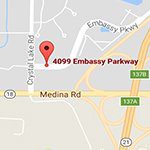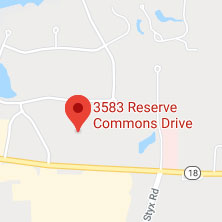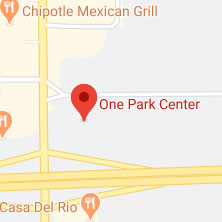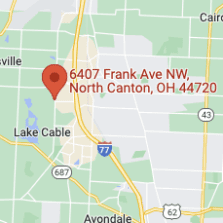From time to time, a person’s eyelid will experience an inadvertent spasm called myokymia, better known as an eyelid twitch. It’s a perfectly normal occurrence that can happen to just about anyone. In most cases, an eyelid twitch goes away after a few seconds. Although it’s not typically a cause for concern, eyelid twitches can sometimes be signs of underlying conditions and may require a visit to your eye doctor. Read on to learn more about what eyelid twitches mean, what causes them, and when you should see a doctor.
Why Is My Eyelid Twitching?
When you hear someone complaining about an eyelid twitch, what they mean is that either their top or bottom eyelid is spasming. Eye twitching usually occurs in one eye at a time and goes away after a brief moment. If your eyelid suddenly starts twitching, you should not panic. Most of the time, an eyelid twitch resolves itself without the need for any kind of treatment. However, persistent twitching over time could mean you have a potentially serious condition.
What Causes Eyelid Twitching?
Eyelid twitching can be caused by a variety of factors. Most of the time, an eyelid twitch goes away without the need for treatment, so the cause is not investigated.
Having said that, if you notice your eye twitching in a certain environment or during specific activities, it may be helpful to write them down. If your eye twitch worsens, it would be great for your eye doctor to know where you were, what activity you were doing, and any medication you may have been on at the time.
Here’s a list of common eye twitch causes and things that may make twitching worse:
- Eye irritation
- Eyelid strain
- Fatigue/lack of sleep
- Overexertion
- Side effects from medication
- Too much stress
- Alcohol, tobacco, caffeine use (too much or less than your usual)
What Can Eyelid Twitching Lead To
While most of the time, an eyelid twitch goes away on its own, it can sometimes signify a serious condition. Severe conditions are rare; however, it’s helpful to know some of the diseases or conditions eyelid twitching can lead to. For example, eyelid twitches can sometimes be a sign of a chronic movement disorder. This is especially true if you have other facial twitches or uncontrollable movements. Though rare, some more serious conditions related to eyelid twitching can be Parkinson’s disease, Meige syndrome, Bell’s Palsy, and Tourette syndrome. A severe eyelid spasm -called blepharospasm- is when the eyes twitch so hard they actually stay closed and affect activities of daily living such as reading and driving. Sometimes this condition can become so debilitating that doctors have used Botox injections to relax these muscles or even performed corrective surgery.
When To See a Doctor About Your Eyelid Twitching
If your eyelid won’t stop twitching and interferes with your daily activity, then it’s time to see a doctor. Although eyelid twitches are rarely signs of a severe disorder or condition, twitching, in addition to other symptoms, may require a visit to your eye doctor. Schedule an appointment to see your eye doctor if you have any of the following symptoms
- Red, swollen eyes
- Unusual discharge from your eye
- Eyelid droops
- Eyelid completely shuts each time it twitches
- Eyelid twitching persists for several weeks
- Eyelid twitching starts affecting other parts of your face
How To Stop Eyelid Twitching
As previously mentioned, if you notice your eyes twitch more often than usual, make a note of where, when, and any medications you’re taking at the time. These can be valuable pieces of information for your eye doctor when you schedule an appointment to see them. In addition to helping out your eye doctor, logging what you believe could be triggering your eyelid twitch can help prevent it from happening.
Keep track of your caffeine intake, tobacco and alcohol use, and how much stress you’re under. Logging these possible triggers can help you make adjustments to your daily activities so that you can prevent eyelid twitches from occurring. It’s possible that you just need more sleep, less caffeine, or need to kick some bad habits. Some patients have found an ice pack to the twitching eye or a dose of Benadryl has also calmed their symptoms when they become bothersome.
Why Choose Northeast Ohio Eye Surgeons (NEOES)
While eyelid twitching is typically a random occurrence, there are times when it’s a sign of something more significant. Do you or a family member believe your eyelid twitching has gotten worse or more frequent? If so, the award-winning doctors at Northeast Ohio Eye Surgeons are ready to assist you. Our staff is well-trained in diagnosing and treating a wide variety of eye conditions and can help put your mind at ease. Schedule an appointment to speak with one of our doctors about your eye health.
Sources Cited
Eyelid twitching: Causes and prevention (no date) Healthline. https://www.healthline.com/health/eyelid-twitch.















Recent Comments